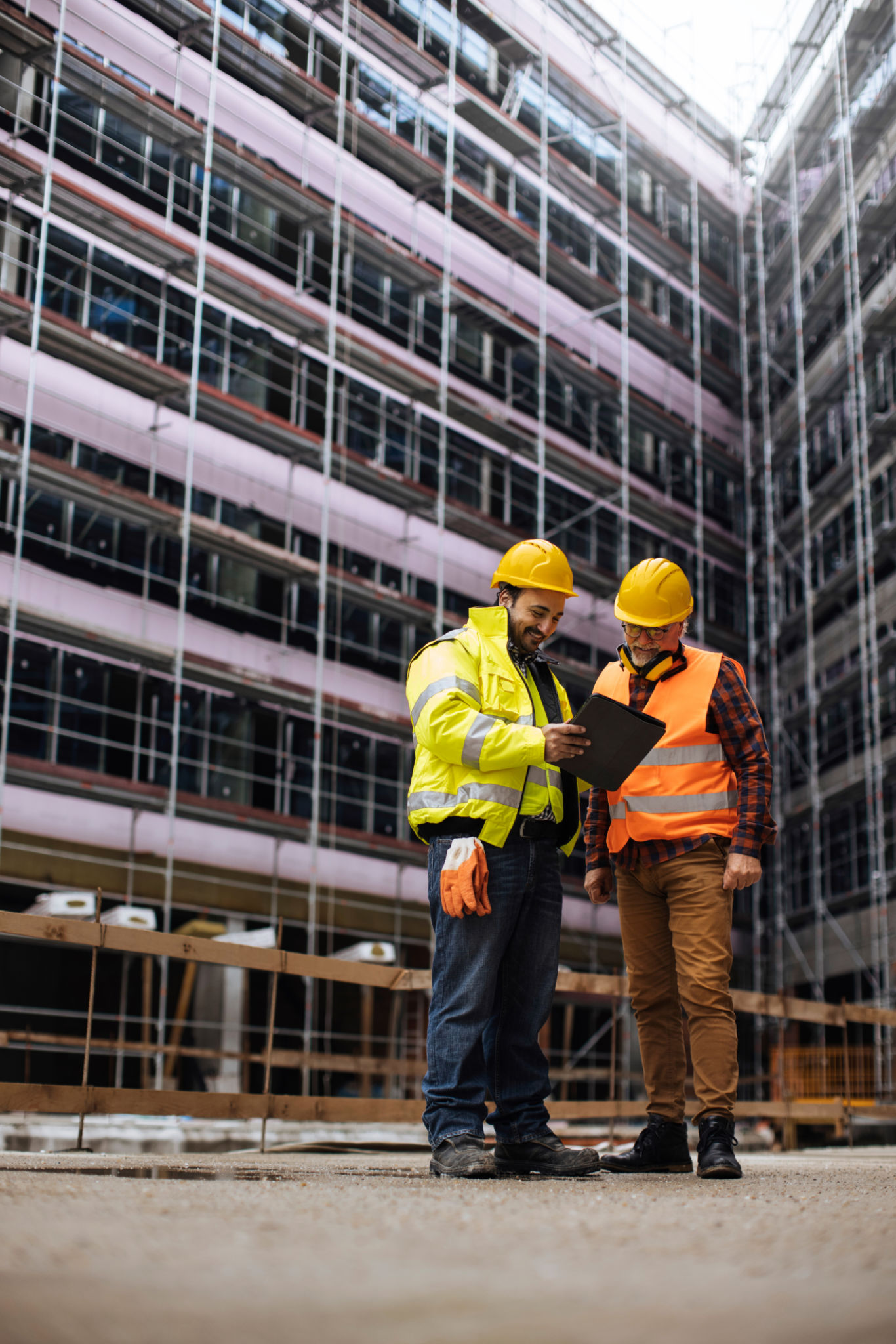Seasonal Tips for Commercial Construction Projects: Preparing for Success
As the seasons change, so do the challenges faced by commercial construction projects. Preparing for these shifts is crucial to ensure success and maintain momentum. Understanding the unique demands of each season allows project managers to adapt strategies and optimize productivity.

Spring: Embrace the Thaw
Spring signals the end of harsh winter conditions, making it an ideal time to kickstart construction projects. However, melting snow and rain can lead to muddy and unstable ground. It's essential to ensure that the site is properly drained to prevent delays.
Inspect and Repair Equipment
After a long winter, it's crucial to inspect all machinery and equipment. Cold temperatures can cause wear and tear, so thorough maintenance checks will prevent breakdowns during critical phases. Always keep spare parts handy to minimize downtime.
Summer: Maximize Productivity
Summer offers longer daylight hours, which can be leveraged to increase work hours and project output. However, the heat can be taxing on workers and materials, necessitating specific strategies to maintain efficiency.

Implement Heat Safety Protocols
It's vital to establish comprehensive heat safety protocols. Ensure that workers stay hydrated, take regular breaks, and have access to shaded areas. Proper scheduling can help avoid the hottest parts of the day, maintaining both safety and productivity.
Fall: Prepare for Winter
As temperatures begin to drop, it's time to start winterizing the project. This involves securing materials and structures against potential cold damage. Planning ahead can save time and money in the upcoming months.

Focus on Insulation
Fall is the perfect time to concentrate on insulation tasks. Proper insulation ensures that buildings remain energy-efficient during winter, reducing heating costs and maintaining comfort. Consider using high-quality materials that withstand seasonal changes.
Winter: Overcome the Chill
Winter can pose significant challenges, but with the right approach, it doesn't have to halt progress. Cold-weather construction requires specific tools and techniques to ensure safety and efficiency.
Utilize Cold-Weather Concrete
When working with concrete in cold conditions, it's important to use special mixes that cure effectively in low temperatures. This prevents cracking and ensures the structural integrity of the build.
By preparing for these seasonal changes, commercial construction projects can maintain a steady pace and achieve success year-round. Adapting to each season's unique challenges ensures that projects are completed on time and within budget, regardless of the weather.